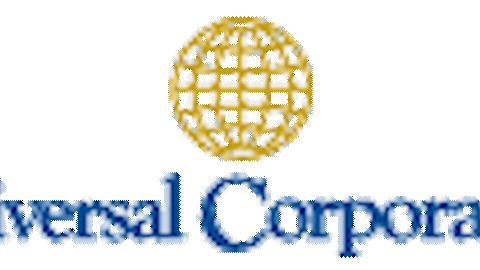Shareholders of Philip Morris International Inc. (NYSE:PM) are not happy with its poor returns since the beginning of the year. The company’s share price has risen only 7.10%, much lower than the S&P 500’s gain of 18.70%. Recently, the company also reported sluggish second quarter earnings results. But does that mean it’s a good time to buy Philip Morris International Inc. (NYSE:PM)? Let’s find out.
Sluggish second quarter

As Philip Morris International Inc. (NYSE:PM) did most of its business outside the U.S., the stronger dollar will certainly have a negative impact on the company’s earnings. Excluding the currency effect, the Asia business declined only 9.1%, while the Latin America & Canada actually grew 5.6%. But what investors like about Philip Morris International Inc. (NYSE:PM) is its consistent share buybacks. In the second quarter, the company spent around $1.5 billion to buy back 16.7 million shares.
Is Philip Morris over-leveraged?
Interestingly, the company has used substantial leverage for the purpose of share buybacks. As of June 2013, it had negative equity of $(5.2) billion, $3.59 billion in cash, and nearly $21.56 billion in long-term debt. However, as Philip Morris generates a lot of cash, the leverage ratio (net debt to EBITDA) was quite reasonable, at only 1.52. Philip Morris is trading at $89.60 per share, with a total market cap of $146.4 billion. The market values Philip Morris at 11.5 times its trailing EBITDA.
Philip Morris was spun off from Altria Group Inc (NYSE:MO) in the first quarter of 2008. While Philip Morris focuses its operations in around 180 countries outside of the U.S., Altria Group Inc (NYSE:MO) concentrates on manufacturing and selling tobacco products in the U.S. Altria Group Inc (NYSE:MO)’s business seems to have much slower growth with the stricter regulations in the U.S. Thus, it has a lower valuation, but offers shareholders a higher dividend yield than Philip Morris. At $37 per share, Altria Group Inc (NYSE:MO) is worth $74.15 billion on the market. The market values Altria Group Inc (NYSE:MO) at 10.22 times its trailing EBITDA. The company yields 4.8%, higher than the dividend yield of 3.8% at Philip Morris.
Investors should notice that Altria Group Inc (NYSE:MO) also owns 26.9% of SABMiller plc (LON:SAB). Altria’s stake in SABMiller plc (LON:SAB) is worth more than $21.5 billion at the time of writing. Excluding the SABMiller stake, Altria’s smoking business is worth around $52.6 billion on the market. For the full year 2013, Altria has recently raised its EPS guidance, from a range of $2.49 – $2.55 to a range of $2.50 – $2.56 per share. Altria has also expanded its business into the electronic cigarette market. This August, its subsidiary Nu Mark will introduce MarkTen e-cigarettes into a lead market in Indiana.
Another giant tobacco group with large emerging market exposure
British American Tobacco PLC (ADR) (NYSEMKT:BTI), the owner of several leading cigarette brands including Dunhill, Kent, Pall Mall and Lucky Strike, has a higher valuation than Philip Morris. It is trading at $107.30 per share, with a total market cap of $103 billion. The market values the company at around 11.8 times its trailing EBITDA. British American Tobacco PLC (ADR) (NYSEMKT:BTI)’s main playground is the Asia Pacific region, with £4.2 ($6.4) billion, or 27.6% of the total 2012 revenue; meanwhile the U.S. and the Western European area delivered only £3.4 ($5.18) billion in sales.
Investors of British American Tobacco must be happy with its recent announcement to commence a share buyback program in July. Moreover, it also returned cash to investors via dividend payments. Income investors would love the company with its juicy dividend yield at 5.40%.
Among the three companies, Philip Morris employed the highest leverage ratio at 1.5 times net debt/EBITDA. Altria ranked second with a leverage ratio at 1.3. British American Tobacco has the lowest leverage ratio at around 1.23.
My Foolish take
Philip Morris, with a global leading position, significant emerging market exposure and reasonable financial leverage, is a long-term buy for patient investors. In addition to the 3.8% current dividend yield, Philip Morris will return much more cash to its investors via aggressive and consistent share buybacks. British American Tobacco is also a good cigarette long-term play, with a much higher dividend yield and growing Asia Pacific exposure.
The article This Global Tobacco Business is a Long Term Buy originally appeared on Fool.com and is written by Anh Hoang.
Anh HOANG has no position in any stocks mentioned. The Motley Fool owns shares of Philip Morris International. Anh is a member of The Motley Fool Blog Network — entries represent the personal opinion of the blogger and are not formally edited.
Copyright © 1995 – 2013 The Motley Fool, LLC. All rights reserved. The Motley Fool has a disclosure policy.



